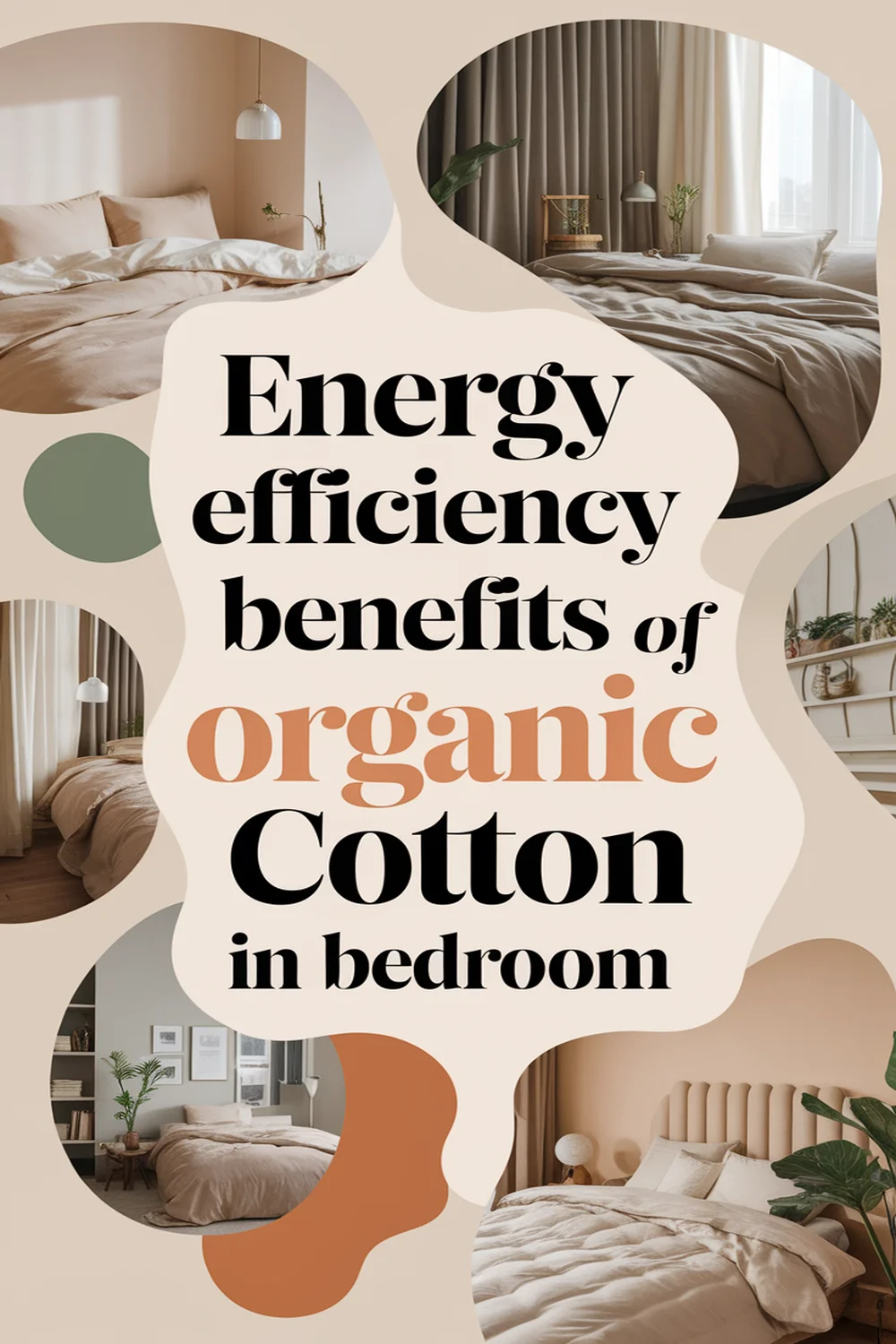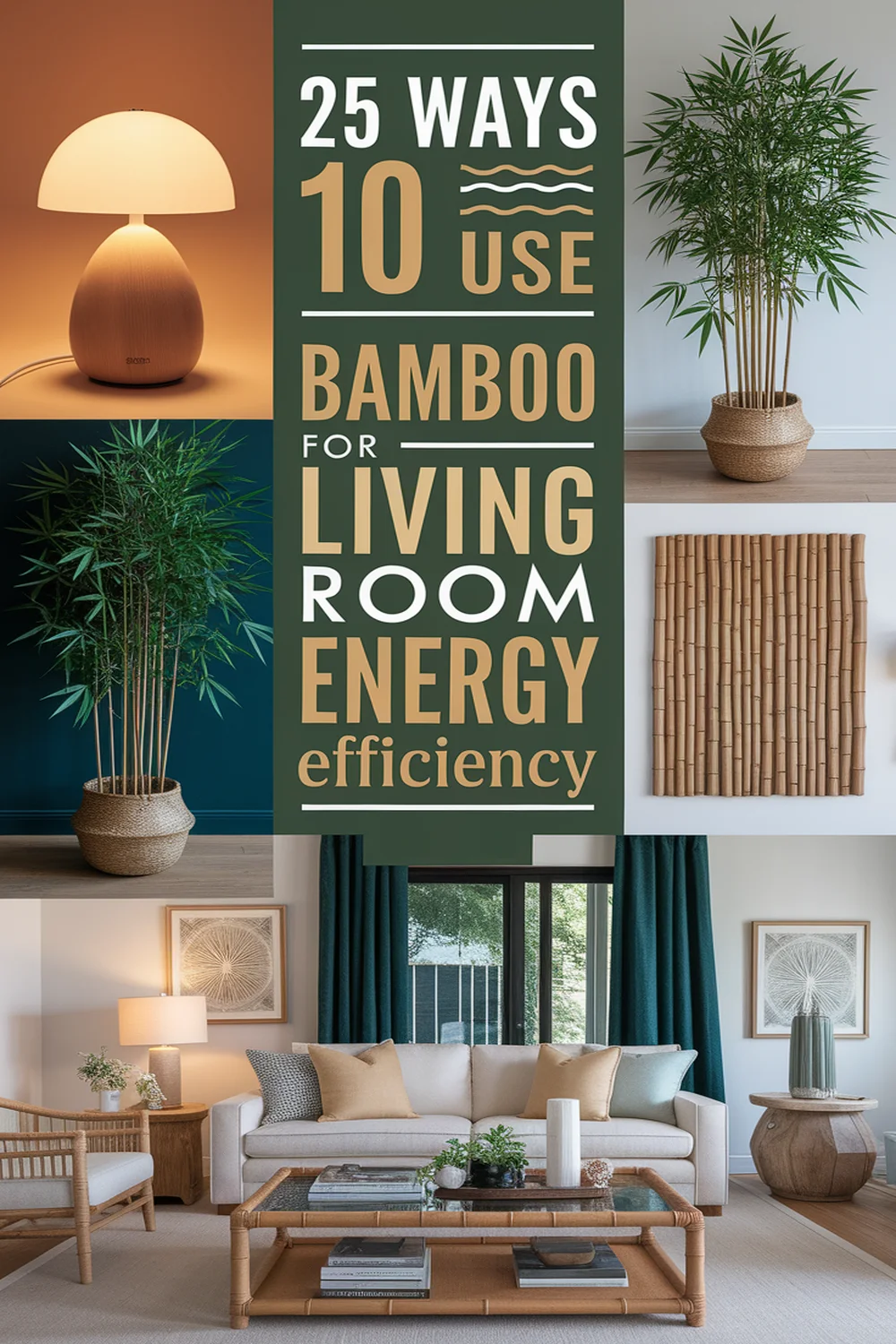This post may contain affiliate links. Please read our policy page.
Using organic cotton in my bedroom has transformed my sleeping experience with its amazing energy efficiency. It effectively regulates temperature, keeping me cozy in the winter and cool in the summer. Plus, its breathability helps manage moisture and prevents overheating. I love that it reduces harmful chemicals, promoting better air quality and fewer allergy symptoms. With its impressive longevity and sustainability, organic cotton’s benefits are undeniable. Stick around as I share more insights on this game-changing fabric!
Enhanced Insulation Properties of Organic Cotton

When I first learned about the insulation properties of organic cotton, I was pleasantly surprised by how effective it’s at regulating temperature. Unlike synthetic materials, organic cotton traps warmth without causing overheating, making it perfect for various climates.
I’ve noticed that my bedding keeps me cozy during colder nights while remaining cool in warmer weather. This natural fiber adjusts seamlessly to my body heat, enhancing comfort and sleep quality.
Plus, using organic cotton not only benefits my sleep but also promotes sustainability, as it’s grown without harmful chemicals. Investing in organic cotton bedding is a smart choice for anyone looking to improve energy efficiency in their bedroom while enjoying a cozy, temperature-regulated sleep experience.
You won’t regret it!
Recommended Items
Discover our top picks for enhancing your bedroom with organic cotton and energy efficiency!
Products
Breathability and Temperature Regulation

Although many fabrics claim to be breathable, nothing compares to the natural airflow of organic cotton.
I’ve noticed that when I sleep on organic cotton sheets, I wake up feeling refreshed and comfortable, no matter the season. This fabric allows heat to escape, keeping me cool in summer and warm in winter. It’s like having a built-in temperature regulator for my bed.
What’s more, organic cotton’s moisture-wicking properties help to manage sweat, ensuring I don’t toss and turn due to discomfort.
By choosing organic cotton, I’m not just investing in a good night’s sleep; I’m also enhancing my overall bedroom environment.
Trust me, once you experience the breathability of organic cotton, you won’t want to go back to synthetic options.
Step-by-Step Guide to Organic Cotton Decor
Reduced Chemical Impact on Indoor Air Quality

After enjoying the breathability of organic cotton, I’ve come to appreciate another significant benefit: its reduced chemical impact on indoor air quality.
The benefits of organic cotton extend beyond comfort, enhancing indoor air quality by minimizing harmful chemicals.
Unlike conventional cotton, organic cotton is grown without harmful pesticides or synthetic fertilizers, which means I can rest easy knowing my bedroom environment is healthier.
Here are a few reasons why this matters:
- Fewer Toxins: Organic cotton avoids the harsh chemicals that can linger in the air, promoting a cleaner atmosphere.
- Allergy-Friendly: I’ve noticed fewer allergy symptoms since switching, thanks to the reduction of irritants.
- Eco-Friendly: Choosing organic supports sustainable farming practices that protect both the planet and my indoor environment.
Longevity and Durability of Organic Cotton Products

One of the standout features of organic cotton products is their impressive longevity and durability. I’ve experienced firsthand how these products withstand the test of time, making them a smart investment for any bedroom. Unlike conventional materials, organic cotton is not only softer but also stronger, leading to prolonged usage without losing quality.
Here’s a quick comparison of the longevity of organic cotton versus conventional cotton:
| Product Type | Lifespan (Years) | Environmental Impact |
|---|---|---|
| Organic Cotton | 5-10 | Lower chemical usage |
| Conventional Cotton | 3-5 | Higher chemical usage |
| Blended Fabrics | 2-4 | Varies |
| Polyester Blends | 2-3 | Synthetic pollution |
| Linen | 5-10 | Moderate impact |
Invest in organic cotton for lasting comfort and sustainability!
Sustainable Production Practices and Their Energy Benefits

Sustainable production practices in the organic cotton industry not only prioritize environmental health but also greatly reduce energy consumption.
When I choose organic cotton, I’m supporting methods that greatly lower energy use throughout the production process.
Here’s how:
- Crop Rotation: This technique enriches soil health and reduces the need for synthetic fertilizers, saving energy in farming.
- Natural Pest Management: By utilizing beneficial insects and organic methods, farmers minimize reliance on chemical pesticides, which often require considerable energy to produce.
- Water Conservation: Organic cotton typically uses less water, reducing the energy needed for irrigation.









